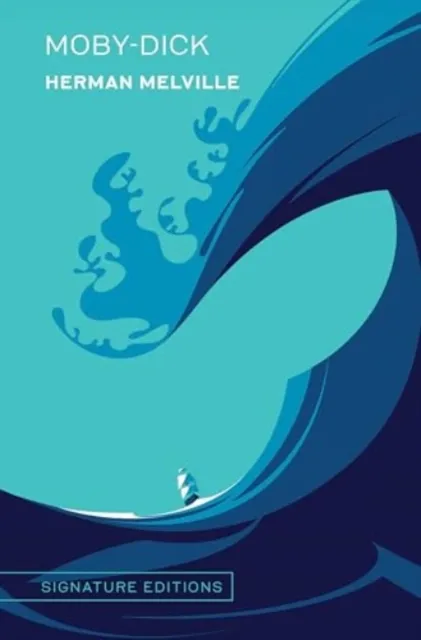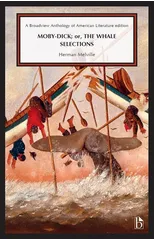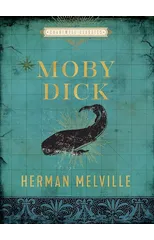It was an obsession that would destroy them all... On a cold December night, a young man called Ishmael rents a room at an inn in Massachusetts. He has come from Manhattan to the north-east of America to sign up for a whaling expedition. Later that same night, as Ishmael is sleeping, a heavily tattooed man wielding a blade enters his room. This chance meeting is just the start of what will become the greatest adventure of his life. The next day, Ishmael joins the crew of a ship known as the Pequod. He is approached by a man dressed in rags who warns him that, if he sails under the command of Captain Ahab, he may never come back. Undaunted, Ishmael returns early the next morning and leaves for the high seas. For the crew of the Pequod, their voyage is one of monetary gain. For Captain Ahab, however, it is a mission driven by hatred, revenge, and his growing obsession with the greatest creature of the sea.
Herman Melville
Herman Melville (1819-1891) was an American novelist, poet, and short story writer best known for his novel "Moby-Dick," a complex and symbolic work that explores themes of obsession, fate, and the struggle between good and evil. Melville's writing style is characterized by its rich symbolism, philosophical depth, and exploration of existential themes. His other notable works include "Typee," "Billy Budd," and "Bartleby, the Scrivener." Melville's contributions to literature have had a lasting impact on the development of American literature, particularly in the genre of the novel.





